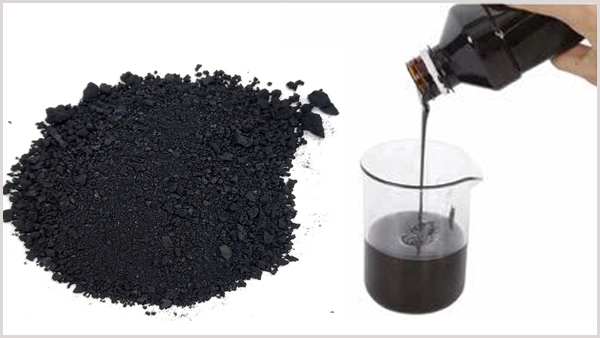Natural powdered dye options for vibrant and eco-friendly coloring projects
Organic Powdered Dye A Natural Approach to Coloring
In recent years, there has been a growing trend towards sustainability in various sectors, including fashion, cosmetics, and home goods. Among the many innovations that have surfaced is the use of organic powdered dyes, which offer an eco-friendly alternative to synthetic coloring agents. These natural dyes are derived from plants, minerals, and other organic sources, making them not only biodegradable but also safer for both humans and the environment.
Organic powdered dyes have been used for centuries in many cultures worldwide. Traditionally, these dyes were extracted from fruits, vegetables, leaves, bark, and even insects. Recent advancements in technology have enhanced the process of creating powdered dyes, making it easier for artisans and manufacturers to incorporate these natural coloring agents into their products. The versatility of organic powders means they can be used in textiles, paints, cosmetics, and even food.
One significant advantage of organic powdered dyes is their reduced environmental impact. Synthetic dyes often contain harmful chemicals that can pollute water supplies and harm aquatic life. In contrast, organic dyes are non-toxic and can be safely disposed of without the risk of harming the environment. Additionally, the production of organic dyes typically requires less water and energy, further contributing to their sustainability.
Another key benefit of organic powdered dyes is their vibrant and diverse range of colors. Depending on the source material, these dyes can produce an impressive spectrum, from deep blues and rich reds to soft pastels. For example, indigo is a well-known organic dye that creates a beautiful blue, while turmeric yields a bright yellow hue. The ability to blend different plant-based powders allows for an endless array of colors, appealing to artists and consumers alike.
organic powdered dye

Moreover, the use of organic powdered dyes can promote a more ethical supply chain. Many suppliers of organic dyes prioritize fair trade practices, ensuring that the farmers who cultivate the source materials are compensated fairly. This creates a more equitable economy and supports local communities.
In the realm of fashion, many designers are beginning to embrace organic powdered dyes as part of their sustainable practices. Brands that adopt these natural dyes often appeal to environmentally conscious consumers who are increasingly aware of the impact of their purchasing decisions. By choosing products dyed with organic materials, consumers can contribute to reducing the overall carbon footprint associated with synthetic dye production.
Despite the many advantages, there are still challenges to overcome when working with organic powdered dyes. Some users may find that the colorfastness and consistency can vary when compared to synthetic options. Nonetheless, ongoing research and innovation are continuously improving the quality and reliability of these natural dyes.
In conclusion, organic powdered dyes represent a beautiful intersection of artistry and sustainability. As both consumers and industries become more attuned to the need for eco-friendly practices, the demand for organic dyes is likely to grow, paving the way for a more sustainable future. By embracing natural coloring methods, we not only honor traditional practices but also protect our planet for generations to come.
-
Thermal Stability Analysis of Bromo Indigo Pigments
NewsJun.06,2025
-
Sulphur Black Dye Oxidation Process Optimization
NewsJun.06,2025
-
Lightfastness Testing of Bromo Indigo Dyed Denim
NewsJun.06,2025
-
Granule Size Distribution and Jeans Color Uniformity
NewsJun.06,2025
-
Gradient Dyeing Methods with Indigo Blue Granules
NewsJun.06,2025
-
Dyeing Temperature Effects on Sulphur Black Color Fastness
NewsJun.06,2025
-
Sulphur Black Dyes in Daily Use
NewsMay.07,2025

Sulphur Black
1.Name: sulphur black; Sulfur Black; Sulphur Black 1;
2.Structure formula:
3.Molecule formula: C6H4N2O5
4.CAS No.: 1326-82-5
5.HS code: 32041911
6.Product specification:Appearance:black phosphorus flakes; black liquid

Bromo Indigo; Vat Bromo-Indigo; C.I.Vat Blue 5
1.Name: Bromo indigo; Vat bromo-indigo; C.I.Vat blue 5;
2.Structure formula:
3.Molecule formula: C16H6Br4N2O2
4.CAS No.: 2475-31-2
5.HS code: 3204151000 6.Major usage and instruction: Be mainly used to dye cotton fabrics.

Indigo Blue Vat Blue
1.Name: indigo blue,vat blue 1,
2.Structure formula:
3.Molecule formula: C16H10N2O2
4.. CAS No.: 482-89-3
5.Molecule weight: 262.62
6.HS code: 3204151000
7.Major usage and instruction: Be mainly used to dye cotton fabrics.

